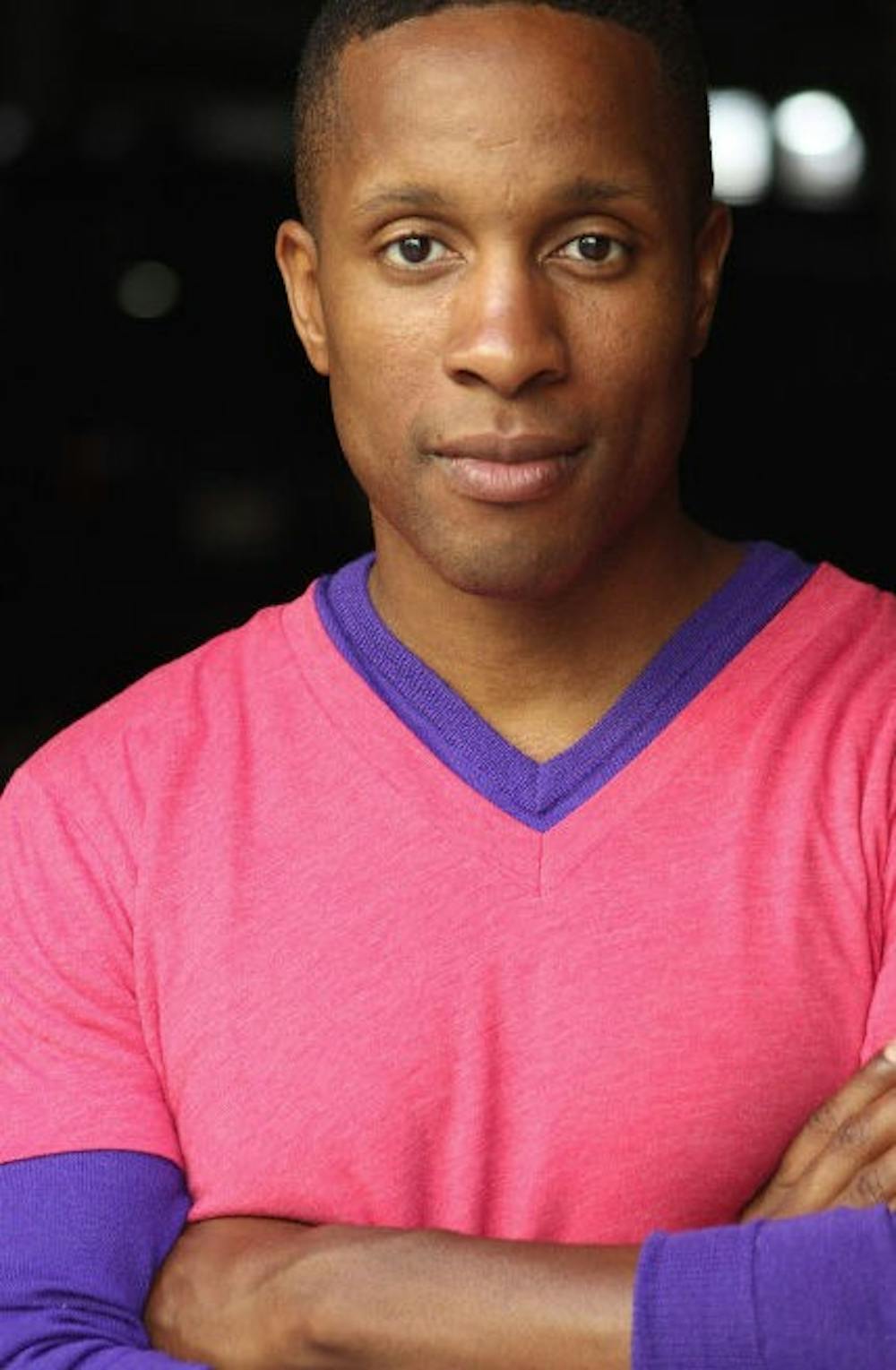Cornelius Jones Jr. to talk about his experiences with HIV.
For a majority of college students, HIV/AIDS isn’t something that comes up in everyday conversations. Wednesday, the Multicultural Center is hoping to start a conversation.
Actor and performing artist Cornelius Jones Jr. will visit Athens to give a speech for National Black HIV/AIDS Awareness Day.
“(The speakers) delve into deeper issues related to black HIV awareness because of course statistics among African American females are startling,” Winsome Chunnu-Brayda, associate director of the Multicultural Center, said.
Chunnu-Brayda said students usually couldn’t tell that the speakers brought in by the university in the past are HIV positive.
“That was also part of the message — it’s really challenging to tell,” she said.
Jones started performing independently in 2006, and is known for his role on Law & Order SVU as well as his theater performance in The Lion King. He is also HIV positive.
“Just because this may be a diagnosis that is really scary, it’s how well you take it — not just your physical health, but your mental health as well,” Jones said. “It’s nothing to be feared, just how to live with those fears and embrace that and accept that.”
Jones said his appearance is to be artistic, but still educational in order to affect social change.
“I present my own personal stories from being an out gay man of color and also an out gay man who is HIV positive,” Jones said. “I share my personal journey in hopes that my personal journey will shed some light on helping to erase stigma around living as a gay man, woman or whatever, living with HIV.”
Delfin Bautista, the director of the LGBT Center, said that a lot of people don’t realize that HIV/AIDS still affects a multitude of individuals.
“If you think about here on Athens campus there are roughly 20,000 students. To think 1-in-4 may be infected and not know it, or (have) been impacted in other ways by the virus sort of freaks you out in a way,” Bautista said.
The event also directly addresses the disease in relation to different aspects of individuals’ identities — in this case, being both black and LGBT.
“(The university could bring in) doctors and professors and health advocates who are all white. Not that there's anything wrong with that — but for students or people such as myself, the message isn't as engag(ing) because it's not a person who is like us in some way,” Bautista said.
Jones said being a gay man of color and further boxing himself into a smaller category of his diagnosis is a challenge, but sees struggles as a way to find a group that will love and accept him for who he is.
“(Finding those people can be) a way to not be a prisoner or a victim of the circumstance,” he said.
@mini_fezz
Mf736213@ohio.edu






